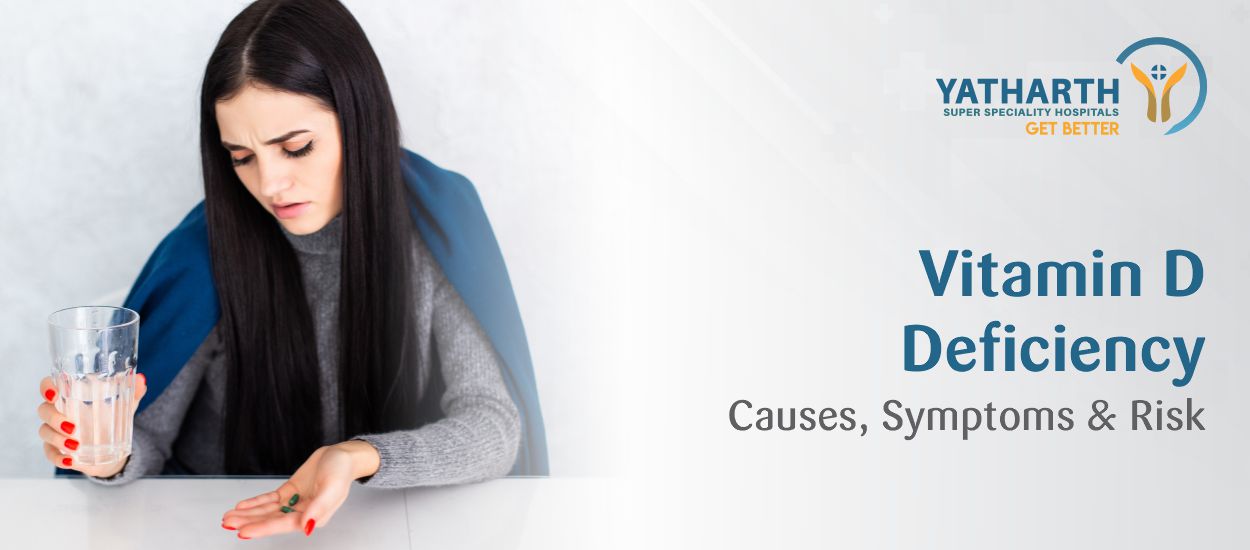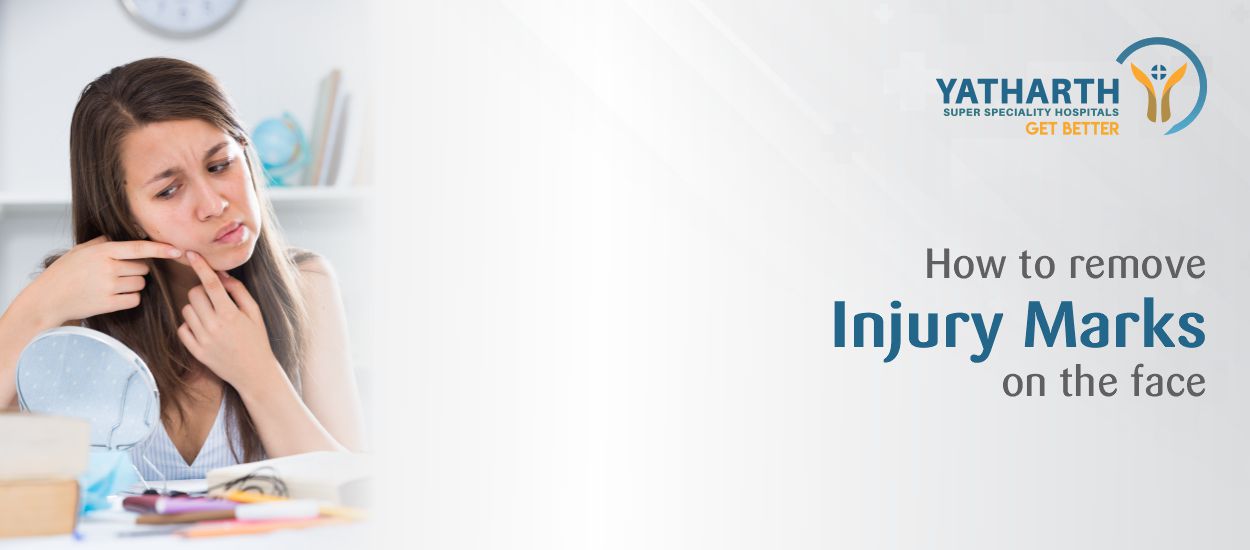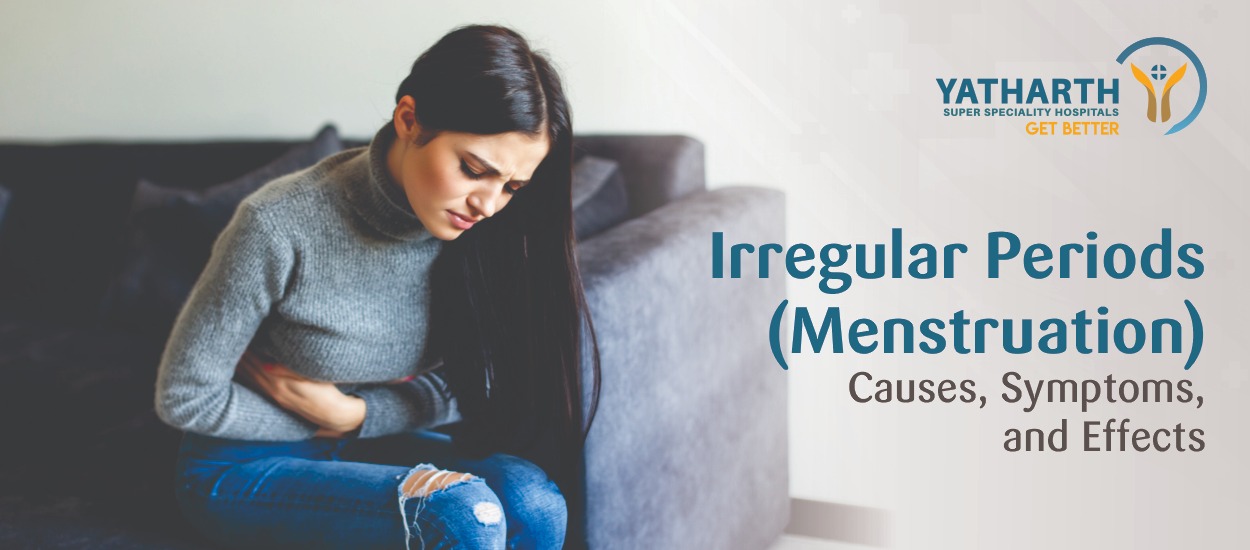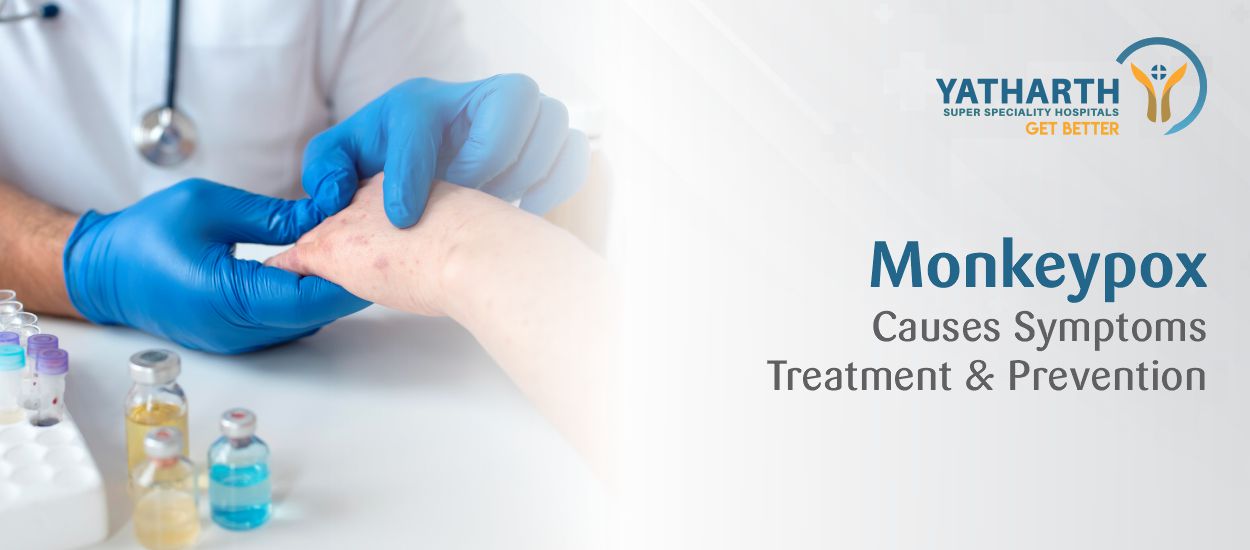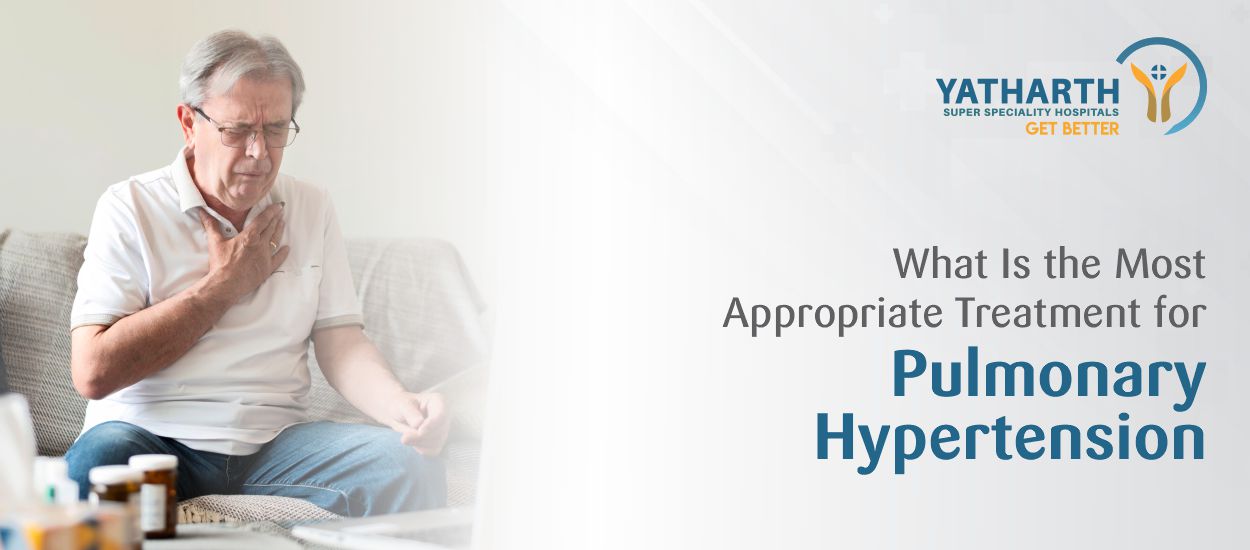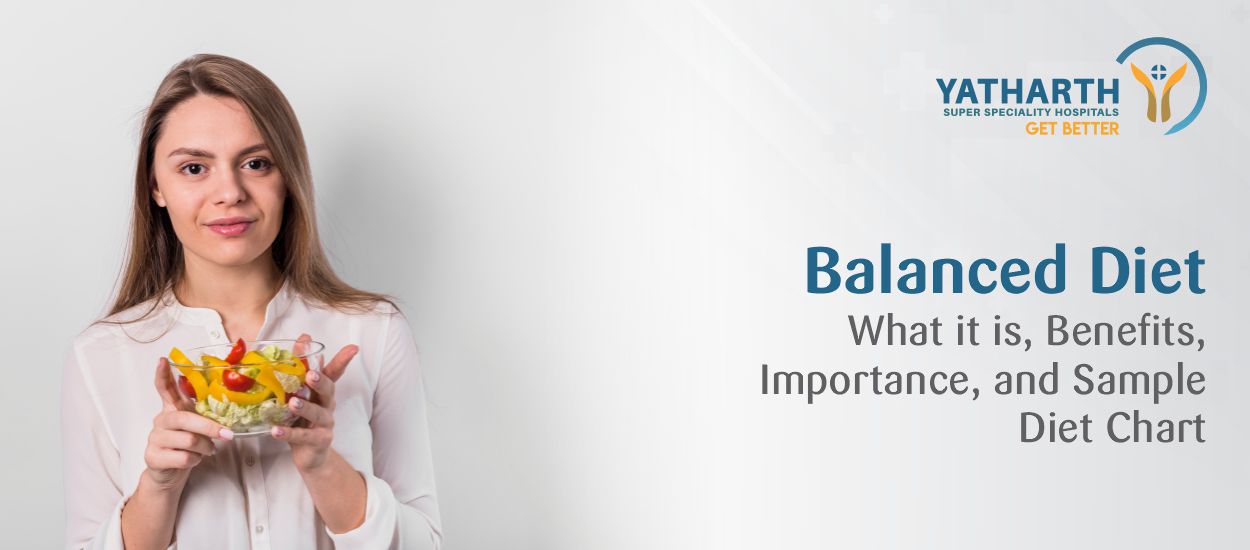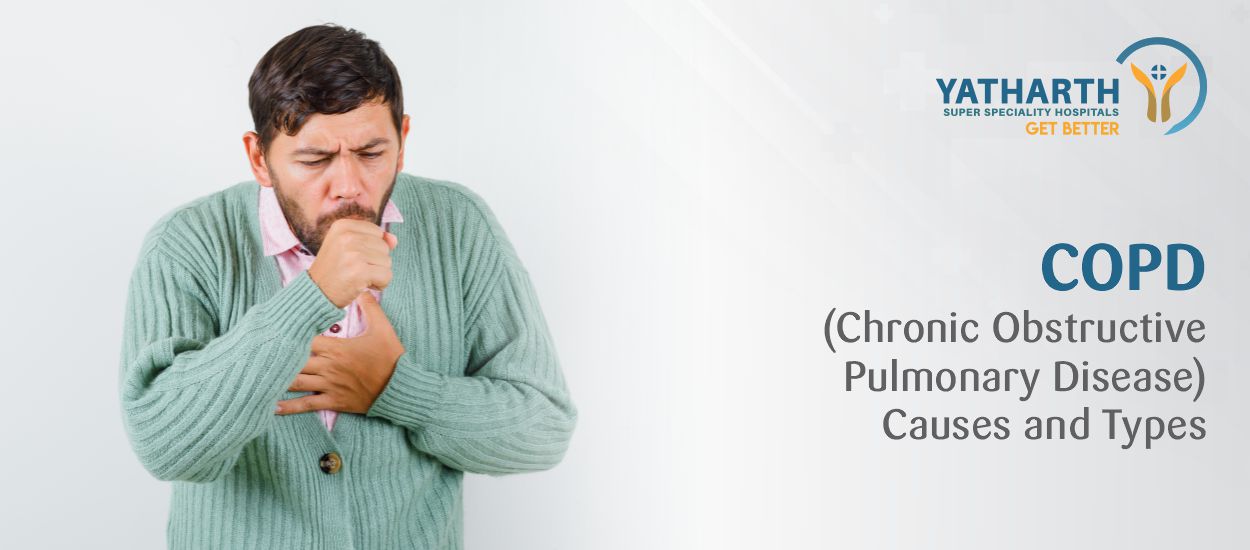Vitamin D is a nutrient the body needs, along with calcium, to build bones and keep them healthy. The body can absorb calcium only if it has enough vitamin D. Calcium is a major part of bones.
Vitamin D deficiency is a condition where the body lacks enough vitamin D, which can lead to weak and painful bones in adults (osteomalacia) and children (rickets).
Symptoms
- Fatigue
- Muscles weaknesses
- Depression
- Getting sick more easily
- In children, abnormal bone growth causing deformities like bowlegs or knock-knees
- In older adults, an increased risk of falls and fractures
Causes:
- Insufficient sun exposure, due to staying indoors, pollution, or cultural practices
- Low intake of vitamin D from food
- Darker skin pigmentation, as it has more melanin, which can make it harder for the skin to produce vitamin D from the sun
- Certain medical conditions that affect absorption or conversion of vitamin D
- Treatment and prevention
Sun exposure: Get regular, but safe, sun exposure.
Diet: Eat foods rich in vitamin D, such as fatty fish, egg yolks, and foods fortified with vitamin D, like milk and cereal.
Supplements: Talk to a doctor about taking a vitamin D supplement, especially during winter months in places with less sunlight.
Screening: Consult a healthcare provider to check vitamin D levels if you are concerned. People with limited sun exposure, such as those living in northern latitudes, those who wear extensive clothing covering most of their skin, or those who work indoors, are at a higher risk. Individuals with darker skin are more prone to deficiency because higher melanin levels reduce the skin’s ability to produce vitamin D from sunlight.
Dietary Changes: Include vitamin D-rich foods in your diet. Foods high in vitamin D include:
- Fatty fish like salmon, mackerel, and sardines
- Egg yolks
- Fortified dairy products such as milk and yoghurt
- Fortified plant-based milks like almond, soy, and oat milk
- Fortified cereals and orange juice
- Cheese and other fortified foods
Vitamin D Supplements: Supplements are often prescribed to quickly raise vitamin D levels, especially in cases of severe deficiency. These can be in the form of vitamin D2 (ergocalciferol) or vitamin D3 (cholecalciferol). The dosage and duration of supplementation depend on the individual's specific needs and the severity of the deficiency.
